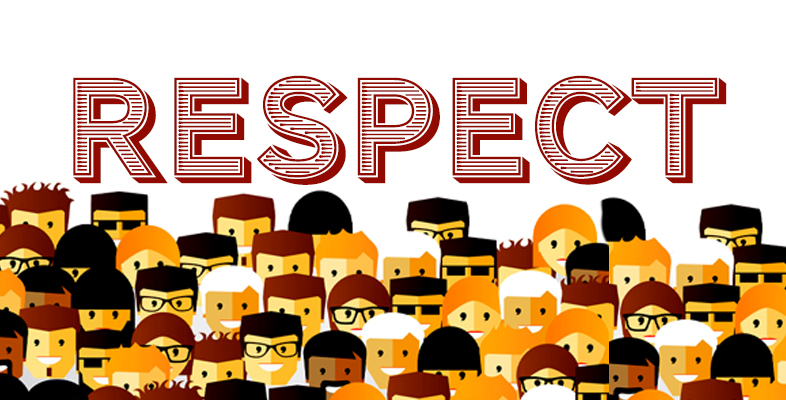3 Researchers have options
When ethical issues become apparent, a researcher has an opportunity to think about alternative courses of action. In making a decision, they can apply accepted principles and their own values to guide their actions.
The following two activities provide a chance for you to evaluate some options for research scenarios.
Activity 4 What could you do as a researcher?
Consider the following research questions for potential research studies A–D:
- A.What are the issues which affect sex workers in cities in country X?
- B.What mental health issues do people released from long prison sentences experience?
- C.How do women who have escaped from domestic violence situations cope in future relationship building?
- D.How do children diagnosed with dyslexia respond to support from teaching assistants in secondary schools?
Rank the following approaches which you would consider for each question. Give 1 to the method you would be most likely to use and 4 to the approach you would least likely want to use, or feel you should not consider using.
- A survey by questionnaire of a) sex workers, b) released prisoners, c) domestic violence survivors, d) teaching assistants working with children diagnosed with dyslexia and their parents.
- A literature review of published studies and reports about a) sex workers’ lives, b) released prisoners, c) domestic violence survivors, d) children with dyslexia.
- Interviews in the field with a) sex workers, b) health care professionals supporting released prisoners, c) social workers working with domestic violence survivors, d) children, their parents and teaching assistants.
- Using secondary data collection such as a) medical and social services records of identified sex workers, b) medical records of released prisoners, c) social service records for domestic violence survivors, d) pupil performance data held within schools and in external tests.
Enter your responses in the table below.
| Research question | 1 Approach would most like to use | 2 Approach might consider using | 3 Approach you are less likely to consider using | 4 Approach you would least want to use or feel you should not use |
| A | ||||
| B | ||||
| C | ||||
| D |
Having considered the four possible scenarios in Activity 4, you probably thought you had insufficient information to make confident decisions. You might have thought ‘Possibly, but it depends’. This would have been appropriate. Issues are considered differently depending on whether you are thinking from the perspective of a potential participant, a potential gatekeeper, as a funder or sponsor, and yet the researcher would feel obligated to all of these. This kind of information might have affected how you evaluated which approach the researcher should choose.
Activity 5 How did you evaluate the alternatives?
Review your responses to Activity 4 and compare the challenges associated with using literature reviews,interviews or questionnaires.
| Literature reviews | Interviews in the setting | Questionnaire survey | |
| Benefits | |||
| Challenges |
Think about:
- what you think you could learn from the information generated
- what you think would not be possible to conclude from this information
- how the approach might cause a risk to those who are the focus of the study
- what challenges you might face as a researcher in gathering this information
- what you might need to do as a researcher to limit any risks from an ethical perspective.
A questionnaire survey allows participants to choose how much they feel they want to respond and in what ways, offering more privacy and, potentially, anonymity. However, there is so much that a researcher will not know about why participants answered in the way that they did and, unless linked with interviews, they will have little chance to find out. Participants might still worry about who will see their responses and how their data will be used, hoping that it will not be used to justify changes that could negatively affect themselves and others.
Interviews provide great opportunities to ask direct questions about what people think, what they feel and why they do what they do, to help understand a topic you feel is very important. However, this requires their time and their willingness to share personal information, including memories and values, which might unsettle, sadden or upset them. They might worry about how they will be represented, where their words might end up and who might read them. A researcher will need to think about how fair the questions are to ask and how support might be offered.
You might have thought about how literature reviews can bring together a wide range of evidence on a topic that would have been difficult to get access to study directly, but would be unlikely to answer all of your questions, given that the reports are concise and partial accounts focused on each author’s research focus.

